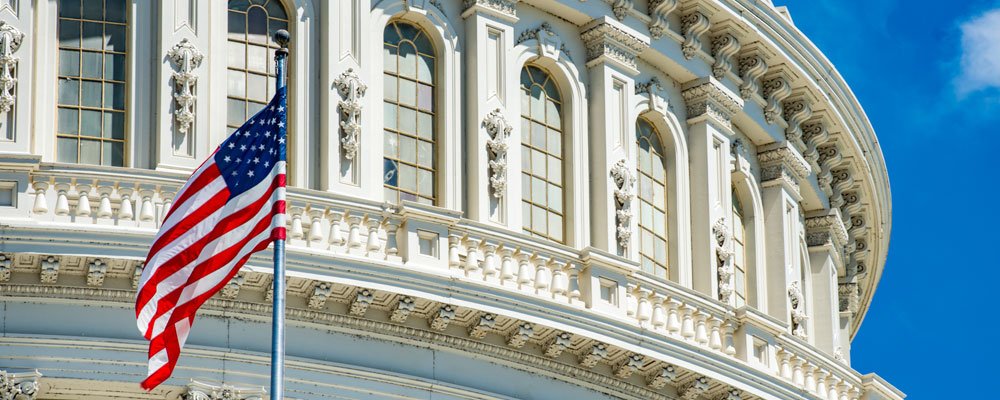Gary Kitts has always had a solid understanding – and love for – finances and business. This passion is what originally steered him into the world of accounting. Early in his career, he would set up spreadsheets and databases to replace manual participant records for profit sharing plans. This ultimately led to his focus on qualified retirement plans and inspired him to start a retirement plan administration practice at a small CPA firm in Norfolk in the 90s.
Now with over 30 years of experience serving clients, Gary creates plans with intelligence and insights that are aligned with his client’s business goals. He leads the firm’s Retirement Plan Services practice where he oversees the compliance, plan document and consulting services for over 800 plans. He also has considerable experience with employee benefit plan audits including defined benefit, defined contribution, health and welfare and employee stock ownership plans.
Gary is a Certified Public Accountant in Virginia and North Carolina and is certified by the AICPA for Advanced Defined Benefit Plan Audits and Advanced Defined Contribution Plan Audits. He has also been named a “Super CPA” by Virginia Business magazine.
PROFESSIONAL ASSOCIATIONS:
- American Institute of Certified Public Accountants
- Virginia Society of Certified Public Accountants
EDUCATION:
- Bachelor of Science in Business Administration from Bluefield State College in Bluefield, West Virginia
ARTICLES:
Webinar Recording | Top 10 Tax Strategies for 2022

Join PBMares on November 16 to discover the top 10 tax strategies businesses and individuals should consider before year-end, including traditional tax strategies, charitable planning, and Roth IRA conversions.
Don’t Overlook Advantageous Provisions of the SECURE Act

Although the 2019 SECURE Act was the most significant retirement plan policy legislation in over 10 years, its provisions have been somewhat in the background due to COVID-19. We’ve highlighted the following provisions that plan sponsors and employers without a plan may want to consider now.
How the New Employee Benefit Plan Auditing Standard (SAS No. 136) Will Impact Plan Audits

Statement on Auditing Standards No. 136 prescribes certain new performance requirements for an audit of financial statements of employee benefit plans subject to the Employee Retirement Income Security Act of 1974 (ERISA) and changes the form and content of the related auditor’s report. Read more.
Impact of the CARES Act on Employer Sponsored Defined Contribution Plans

The Coronavirus Aid, Relief, and Economic Security (CARES) Act was signed into law by President Trump on March 27, 2020, it contains several provisions that impact qualified retirement plans.
Plan Options for COVID-19 Impacted Businesses

The government’s response to COVID-19 has left many facing forced closure or seismic changes to sales and expense forecasts. This new reality has left business owners looking for ways to bolster working capital while reducing fixed and other costs

